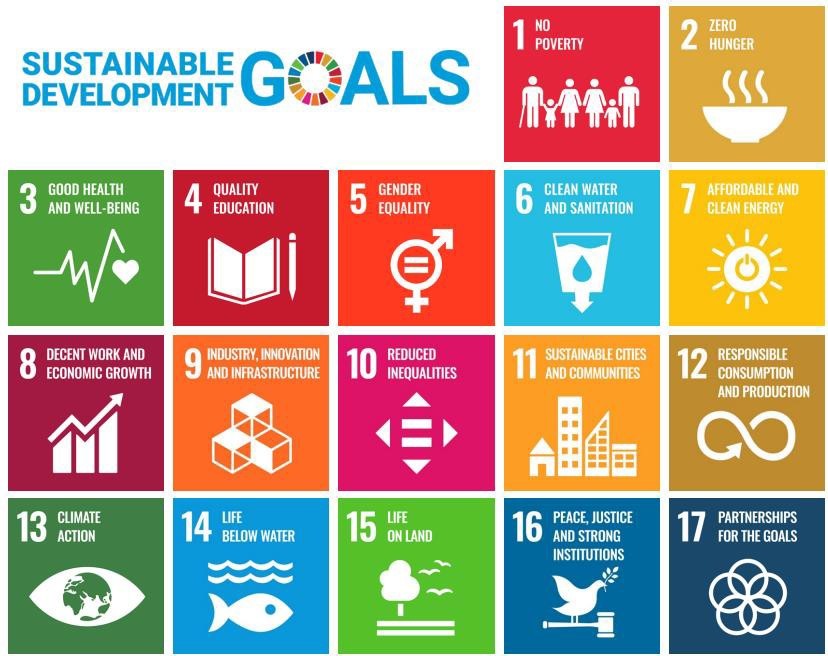Our commitment to the United Nations' Sustainable Development Goals
The 17 Sustainable Development Goals (SDGs) are a set of goals that aim to transform the world. They were adopted by all United Nations Member States in 2015 as part of the 2030 Agenda for Sustainable Development.
The 17 SDGs are:
- End poverty
- End hunger
- Ensure healthy lives
- Ensure quality education
- Achieve gender equality
- Ensure access to water and sanitation
- Ensure access to affordable energy
- Promote economic growth
- Build infrastructure
- Reduce inequality
- Make cities sustainable
- Ensure sustainable consumption
- Take action on climate change
- Conserve marine resources
- Life on land
- Peace, justice, and strong institutions
- Partnerships for the goals
The 3 Pillars of Sustainability: ENVIRONMENTAL, SOCIAL AND ECONOMIC
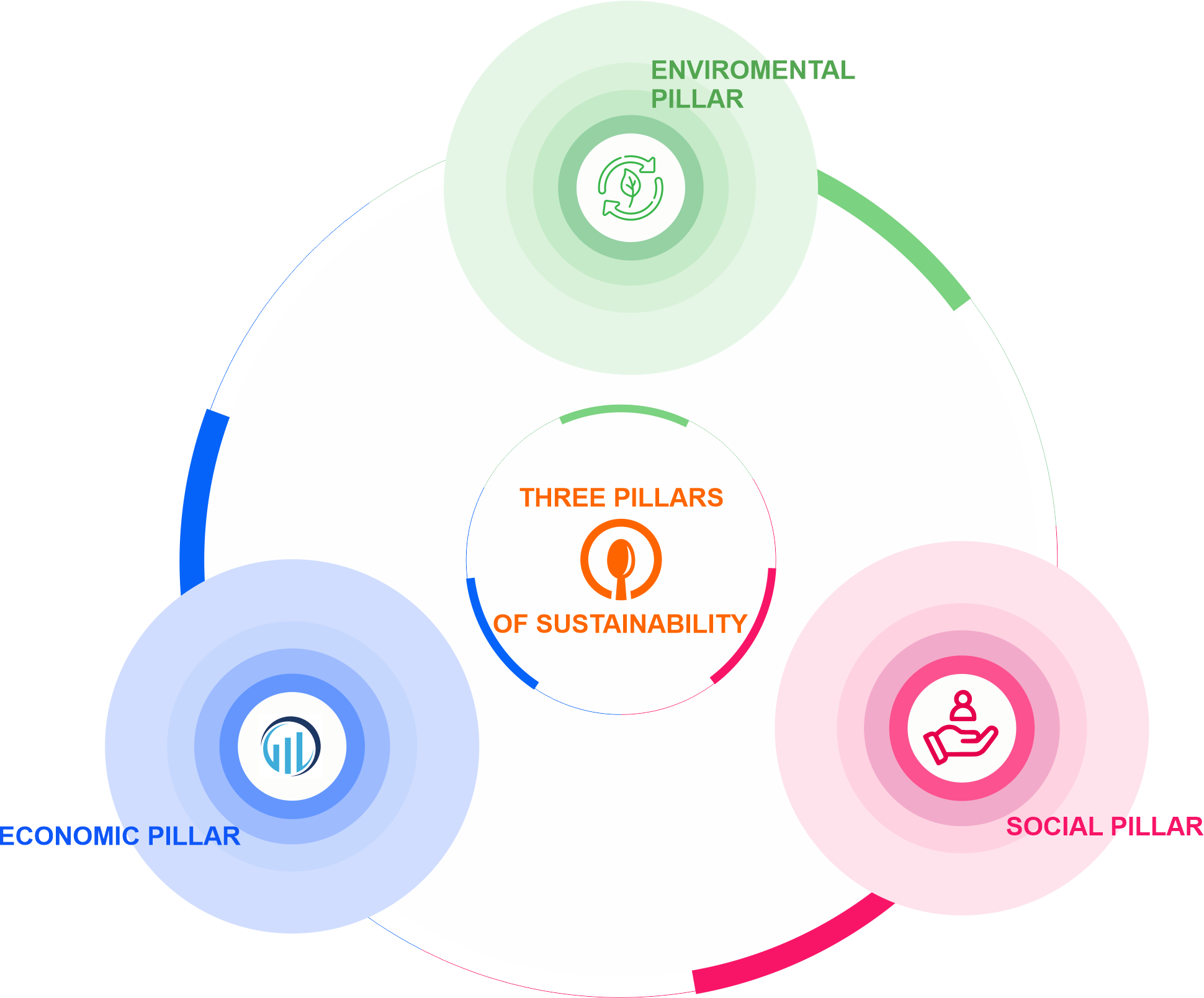
Environmental Sustainability
Environmental sustainability is the ability to preserve and protect the natural environment over time through appropriate practices and policies, meeting present needs without compromising the availability of resources in the future.
SDG 6: Clean Water and Sanitation
SDG 7: Affordable and Clean Energy
SDG 12: Responsible Consumption and Production
SDG 13: Climate Action
SDG 14: Life Below Water
SDG 15: Life on Land
Social Sustainability:
Social sustainability aims to create inclusive societies, reduce inequality, and ensure long-term well-being for all people while preserving social cohesion and justice.
SDG 1: No Poverty
SDG 2: Zero Hunger
SDG 3: Zero Health and Well-Being
SDG 4: Quality Education
SDG 5: Gender Equality
SDG 10 Reduced Inequalities
SDG 11: Sustainable Cities and Communities
SDG 16: Peace, Justice and Strong Institutions
Economic Sustainability:
Economic sustainability is the approach whereby economic activities are conducted in such a way as to preserve and promote long-term economic well-being. In practice, it aims to create a balance between economic growth, resource efficiency, social equity and financial stability.
SDG 8: Decent Work and Economic Growth
SDG 9: Industry, Innovation and Infrastructure
SDG 17: Partnerships for the Goals
Institute of Aeronautical Engineering (IARE) is committed to driving positive impacts for people and planet, working to address the global challenges set out in the United Nations' (UN) 17 Sustainable Development Goals (SDGs).
Our commitment to deliver the Goals in the context of our institution will inspire, celebrate and enhance the critical role that education has in delivering the SDGs.
Institutional Level Implenetation of Sustainable Development Goals:
The Sustainable Development Goals (SDGs) are a working agenda for the international community to ensure a better world for future generations. Colleges should implement SDGs to help address global challenges and prepare students to be future leaders. They are important for students because they help students develop critical thinking skills, understand complex issues, and become responsible global citizens.
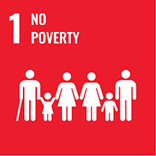
SDG 1: End poverty in all its forms everywhere
Initiatives:
- Ensure equitable access to education for students from low-income backgrounds.
- Enhance academic success and graduation rates of economically disadvantaged students.
- Increase research output and community engagement related to poverty alleviation.
- Strengthen partnerships with LMICs (Lower-Middle-Income Countries) for academic and research collaboration.
- Promote social mobility through scholarships and inclusive campus support.
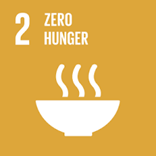
SDG 2: End hunger, achieve food security and improved nutrition and promote sustainable agriculture
Initiatives:
- Ensure access to nutritious and sufficient food for all students, especially those from low-income backgrounds.
- Contribute to the reduction of hunger in local communities through outreach and innovation.
- Promote sustainable food systems and zero food waste on campus.
- Enhance awareness and action among students on food security and nutrition.
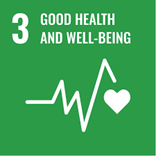
SDG 3: Ensure healthy lives and promote well-being for all at all ages
Initiatives:
- Promote physical and mental well-being among all students and staff.
- Ensure access to affordable, quality health services and emergency care on campus.
- Encourage a healthy lifestyle and prevent non-communicable diseases (NCDs) through education and activities.
- Support community health outreach and awareness.
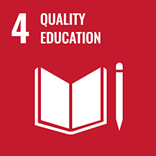
SDG 4: Ensure inclusive and equitable quality education and promote lifelong learning opportunities for all
Initiatives:
- Ensure inclusive, equitable, and quality technical education for all students.
- Promote lifelong learning opportunities through continuous skill development.
- Reduce educational disparities across gender, economic status, and social background.
- Improve teaching quality, curriculum relevance, and graduate employability.
- Promote education for sustainable development, ethics and global citizenship.
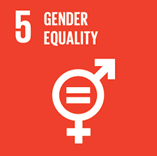
SDG 5: Achieve gender equality and empower all women and girls
Initiatives:
- Achieve gender parity in student enrollment, faculty recruitment, and leadership.
- Promote a safe, respectful, and inclusive learning environment for all genders.
- Eliminate gender-based discrimination and harassment on campus.
- Empower women in STEM education, research, and innovation.
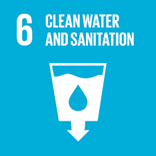
SDG 6: Ensure availability and sustainable management of water and sanitation for all
Initiatives:
- Ensure universal access to safe drinking water and adequate sanitation facilities on campus.
- Improve water use efficiency and promote water conservation practices.
- Prevent contamination and ensure safe discharge of wastewater.
- Increase awareness and responsibility among students and staff for sustainable water usage.
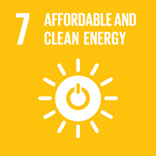
SDG 7: Ensure access to affordable, reliable, sustainable and modern energy for all
Initiatives:
- Ensure access to affordable, reliable, and modern energy services for all on campus.
- Increase the share of renewable energy in campus energy consumption.
- Enhance energy efficiency across academic and residential infrastructure.
- Promote research and education in sustainable energy technologies.
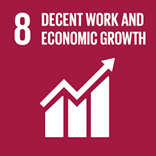
SDG 8: Promote sustained, inclusive and sustainable economic growth, full and productive employment and decent work for all
Initiatives:
- Promote inclusive and sustainable economic growth through skilled graduate output.
- Enhance employability, entrepreneurship, and industrial collaboration.
- Ensure safe, productive, and equitable working conditions for staff and students.
- Strengthen innovation, internship, and incubation ecosystems on campus.
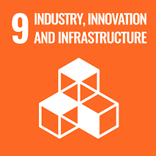
SDG 9: Build resilient infrastructure, promote inclusive and sustainable industrialization and foster innovation
Initiatives:
- Develop resilient and modern infrastructure that supports inclusive education and innovation.
- Promote sustainable industrial collaboration and R&D activities.
- Foster innovation ecosystems for students and faculty.
- Strengthen the integration of advanced technologies into teaching and infrastructure.
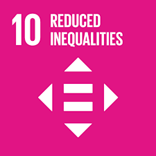
SDG 10: Reduce inequality within and among countries
Initiatives:
- Ensure equitable access to quality education for all, regardless of background.
- Promote inclusion of marginalized, disadvantaged, and differently-abled students and staff.
- Reduce economic and social disparities in student support and academic outcomes.
- Create an inclusive and nondiscriminatory campus environment.
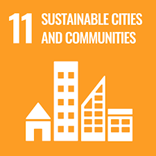
SDG 11: Make cities and human settlements inclusive, safe, resilient and sustainable
Initiatives:
- Develop a sustainable, inclusive, and resilient campus infrastructure.
- Promote sustainable urban planning concepts through education and innovation.
- Strengthen partnerships with local communities for inclusive development.
- Reduce the college’s ecological and environmental footprint.
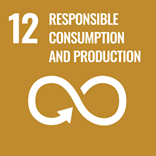
SDG 12: Ensure sustainable consumption and production patterns
Initiatives:
- Ensure efficient and sustainable use of natural and institutional resources.
- Reduce waste generation and promote circular economy practices.
- Foster responsible consumption habits among students and staff.
- Integrate sustainability principles into education, research, and operations.
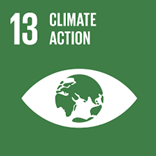
SDG 13: Take urgent action to combat climate change and its impacts
Initiatives:
- Strengthen institutional capacity to address climate-related risks.
- Reduce greenhouse gas emissions and environmental footprint of the campus.
- Foster climate literacy and research-driven action among students and faculty.
- Promote climate-resilient infrastructure and practices.
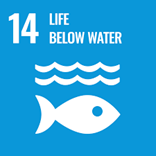
SDG 14: Conserve and sustainably use the oceans, seas and marine resources for sustainable development
Initiatives:
- Increase awareness and knowledge on marine ecosystems and sustainable aquatic practices.
- Minimize campus-driven water pollution and impact on aquatic ecosystems.
- Promote research and innovation on marine sustainability, water technologies, and conservation.
- Engage in community and academic partnerships to support aquatic biodiversity.
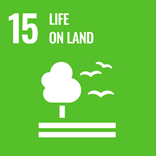
SDG 15: Protect, restore and promote sustainable use of terrestrial ecosystems, sustainably manage forests, combat desertification, and halt and reverse land degradation and halt biodiversity loss
Initiatives:
- Promote the conservation and sustainable use of terrestrial ecosystems.
- Increase green cover and biodiversity on and around the campus.
- Encourage research and community outreach related to afforestation, reforestation, and land restoration.
- Integrate sustainable land and resource management into education and innovation.
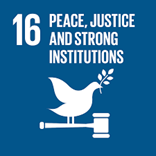
SDG 16: Promote peaceful and inclusive societies for sustainable development, provide access to justice for all and build effective, accountable and inclusive institutions at all levels
Initiatives:
- Foster a peaceful, inclusive and safe learning environment.
- Promote ethical behavior, integrity, and accountability in academic governance.
- Strengthen student voice, grievance redressal, and institutional transparency.
- Encourage civic responsibility, democratic values, and legal awareness among students.
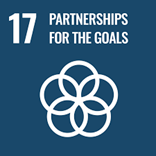
SDG 17: Strengthen the means of implementation and revitalize the global partnership for sustainable development
Initiatives:
- Strengthen multi-stakeholder collaborations for sustainable development goals.
- Build international, national, and regional partnerships to enhance education and research.
- Mobilize resources and knowledge-sharing to achieve institutional and global goals.
- Promote global citizenship and cross-border cooperation among students and faculty.
As part of our commitment, a action plan is prepared, that highlights some of the many inspiring ways in which we are contributing to the SDGs. The action plan also captures important opportunities for improvement and engagement going forward.
